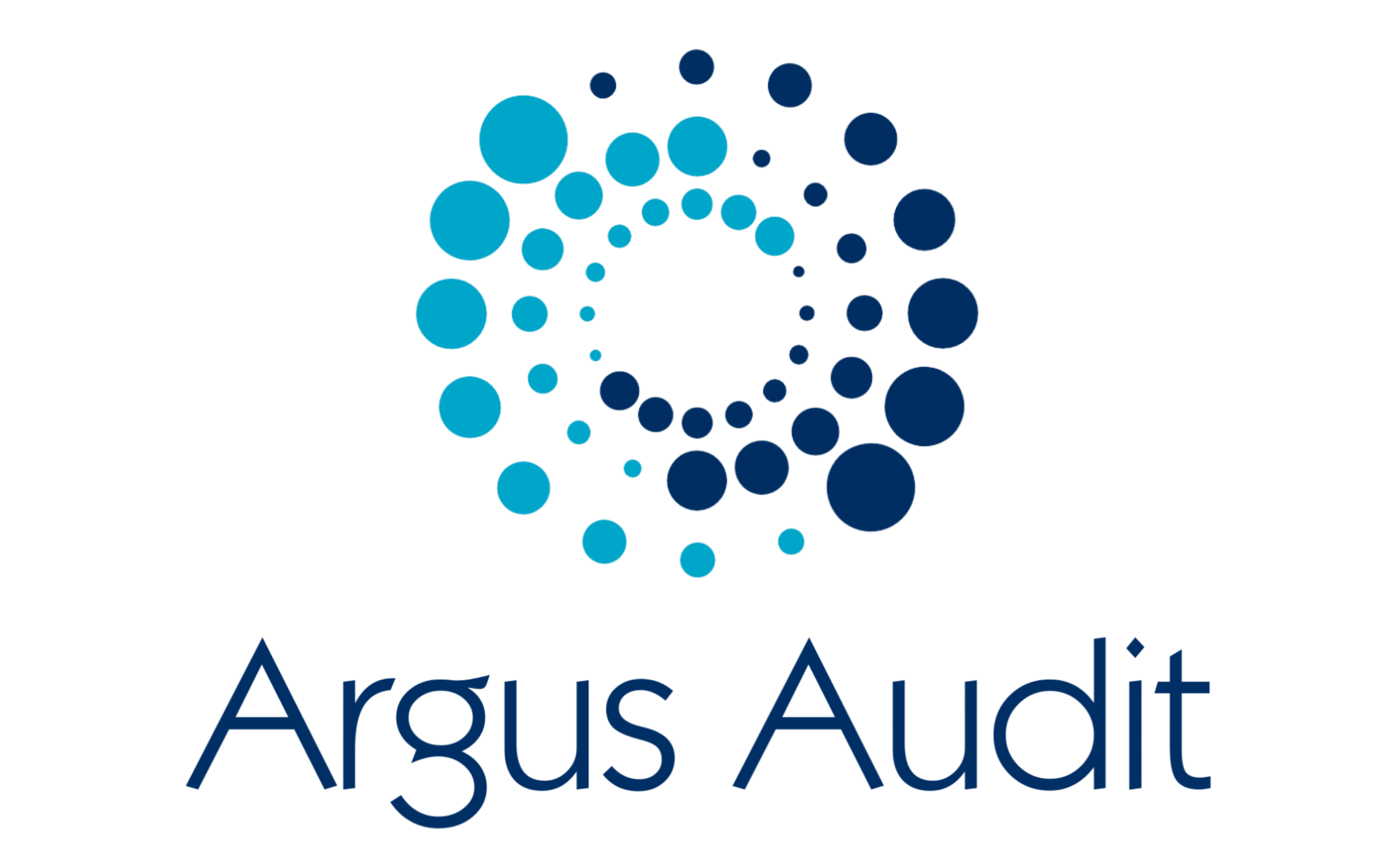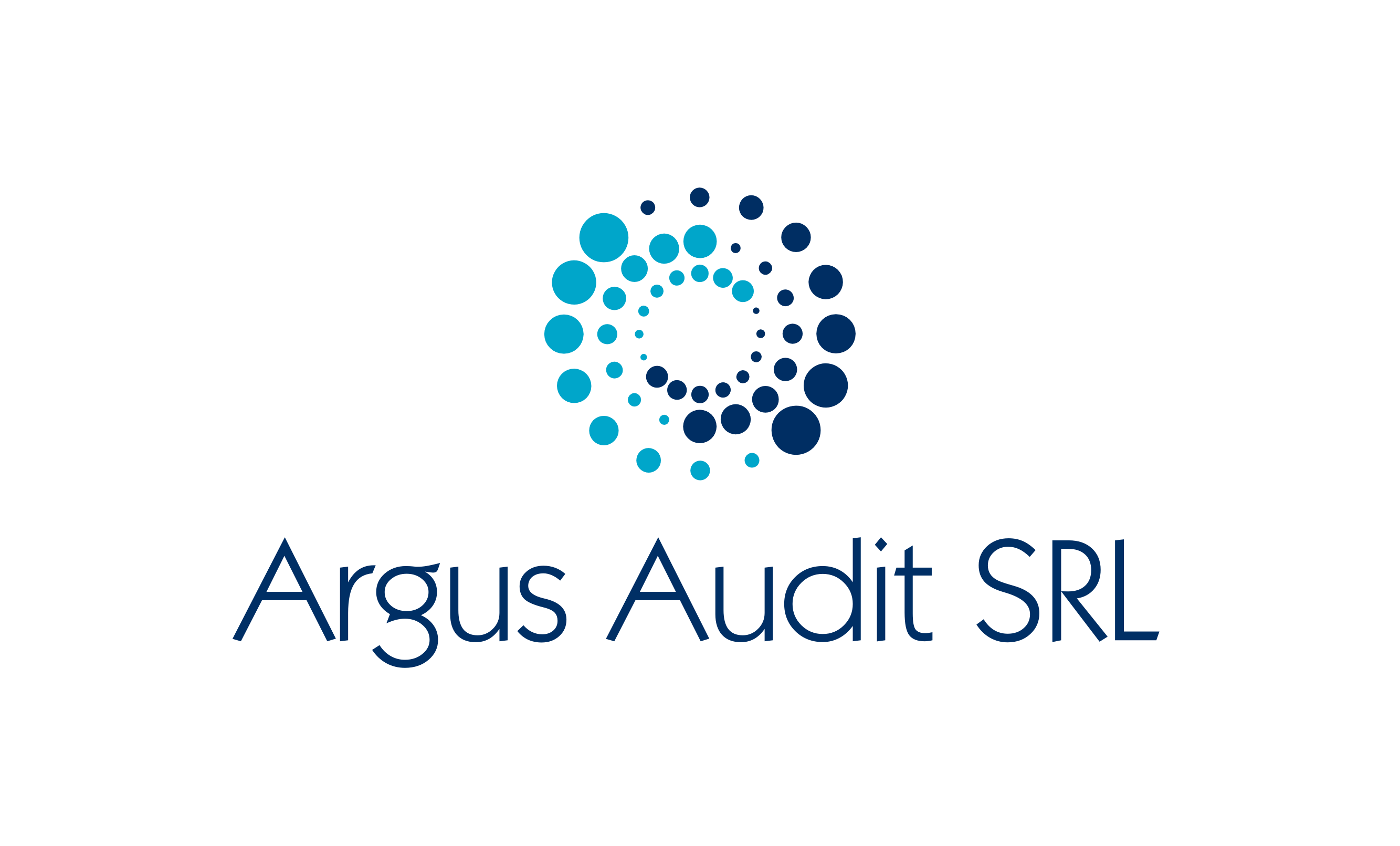On June 21, 2024, Emergency Ordinance no. 69/2024 was published, which brings amendments and additions to the regulations regarding the management and implementation of the national system for electronic invoicing, RO e-Factura, and electronic fiscal cash registers, along with other fiscal measures.
Key Changes to the RO e-Factura System
- Extension of Electronic Invoicing to B2C Transactions Starting January 1, 2025, the RO e-Factura system will also include B2C transactions. Taxable persons established in Romania, whether or not they are registered for VAT purposes, must follow the RO e-Factura rules for transactions where the place of delivery/performance is in Romania for B2C relationships. Simplified invoices issued under art. 319 (12) of Law no. 227/2015 regarding the Fiscal Code are exempt. Between July 1, 2024, and December 31, 2024, the use of electronic invoicing in the B2C system will be optional.
- Mandatory Electronic Invoicing for Enforced Execution From July 1, 2024, electronic invoicing becomes mandatory for enforcement bodies that issue invoices on behalf of and in the name of suppliers established in Romania, for goods delivered in enforcement operations or seized goods sold in criminal proceedings. The “RO e-Factura Enforced Execution Registry” will be organized for this purpose.
- Optional RO e-Factura System The use of the RO e-Factura system is not mandatory for the following categories of taxable persons:
- Taxable persons delivering goods or providing services according to art. 294, para. 1, lit. j)-n) of the Fiscal Code.
- Associations and foundations established under Government Ordinance no. 26/2000, for invoices issued between July 1, 2024, and June 30, 2025.
- Farmers who are individuals applying the special regime for farmers according to art. 315^1 of the Fiscal Code, for invoices issued between July 1, 2024, and June 30, 2025.
These taxable persons may opt to use the RO e-Factura system. If they choose to do so, they will be registered in the “Optional RO e-Factura Registry” from the 1st of the month following the exercise of the option.
- Mandatory RO e-Factura System Associations and foundations conducting economic activities, as well as farmers who are individuals applying the special regime for farmers, must request registration in the “Mandatory RO e-Factura Registry” by July 1, 2025, if they have not already done so in the “Optional RO e-Factura Registry”. Those starting economic activities after June 30, 2025, must request registration before commencing their activities and will be registered within 3 working days from the date of the request. The “Mandatory RO e-Factura Registry” becomes operational from July 1, 2025.
- Other Modifications
- Clarifications on Fines: Fines for failing to transmit invoices by the deadline through the RO e-Factura system will apply to one or more invoices whose transmission is delayed within a calendar month.
- Non-Taxable Transactions for VAT Purposes: Invoices issued for transactions not subject to VAT do not need to be transmitted through the RO e-Factura system.
- Self-Billing: Self-billed invoices for deliveries to oneself must be transmitted through the RO e-Factura system.
- Non-Transmission of Invoices: Beneficiaries who do not receive the invoice within the legal term can notify the tax authority.
Implementation of the Pre-completed RO e-TVA Statement
The pre-completed RO e-TVA statement is based on information provided by various IT systems, such as RO e-Factura, RO e-Transport, RO e-Sigiliu, RO e-SAF-T, RO e-Case de marcat electronice, the integrated customs IT system, and other systems of the Ministry of Finance.
The pre-completed RO e-TVA statement will be implemented starting August 1, 2024, for transactions conducted from July 1, 2024, by VAT-registered persons. This statement will be sent by the tax authorities through the Virtual Private Space (SPV) by the 20th of each month following the reporting period.
Taxable persons must verify the information in the pre-completed statement in line with their transactions. If the tax authorities identify significant differences between the declared and pre-completed information, they will notify these differences through the SPV by the 5th of the month following the VAT statement submission deadline.
Taxable persons are required to submit a “Justification Note for RO e-TVA Differences” within 10 days of receiving the notification. Failure to submit the justification note constitutes a contravention and is punishable by a fine ranging from 2,000 lei to 10,000 lei. Non-provision or partial provision of information is a fiscal risk indicator that can lead to tax inspections or anti-fraud controls.


